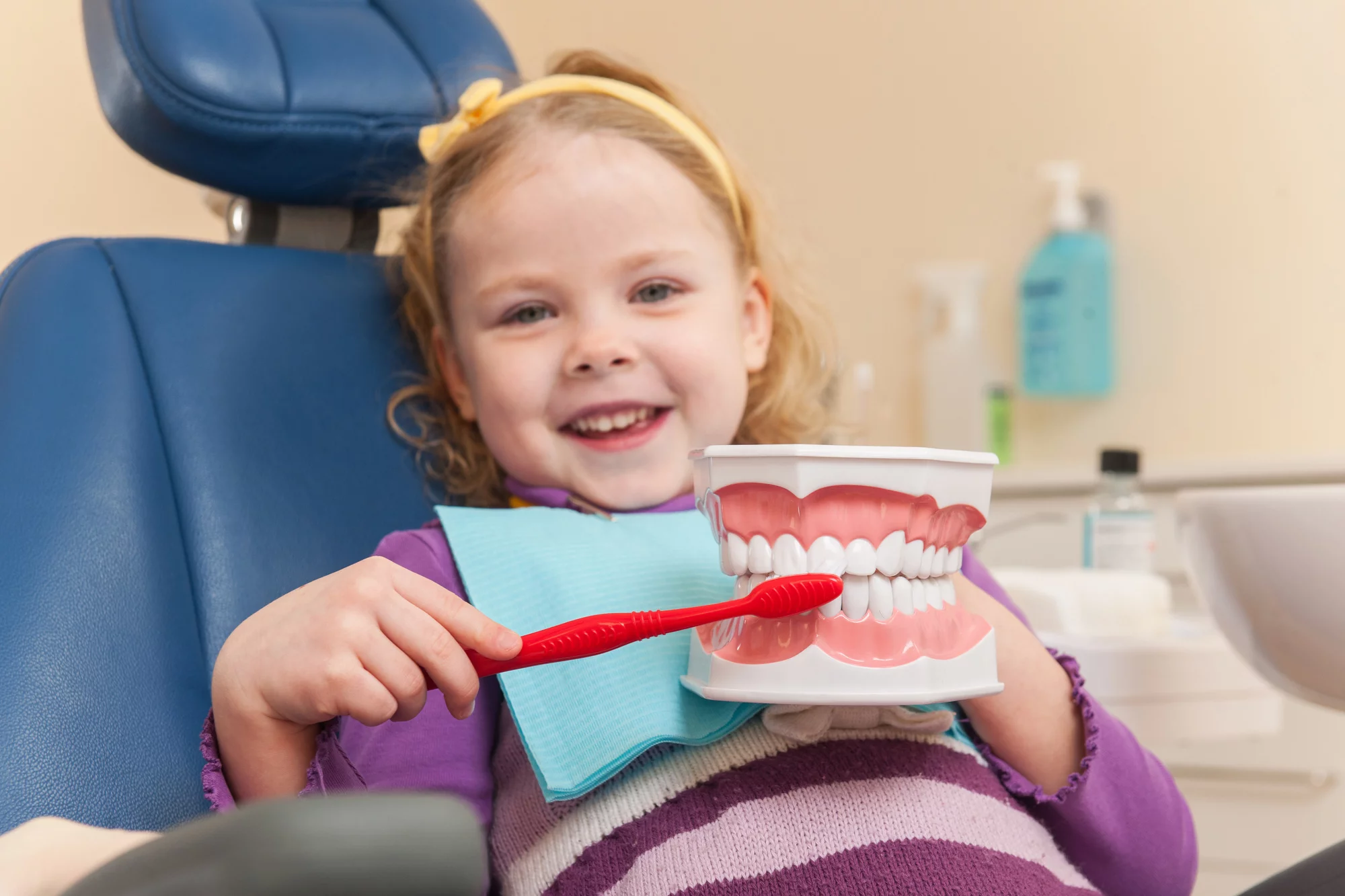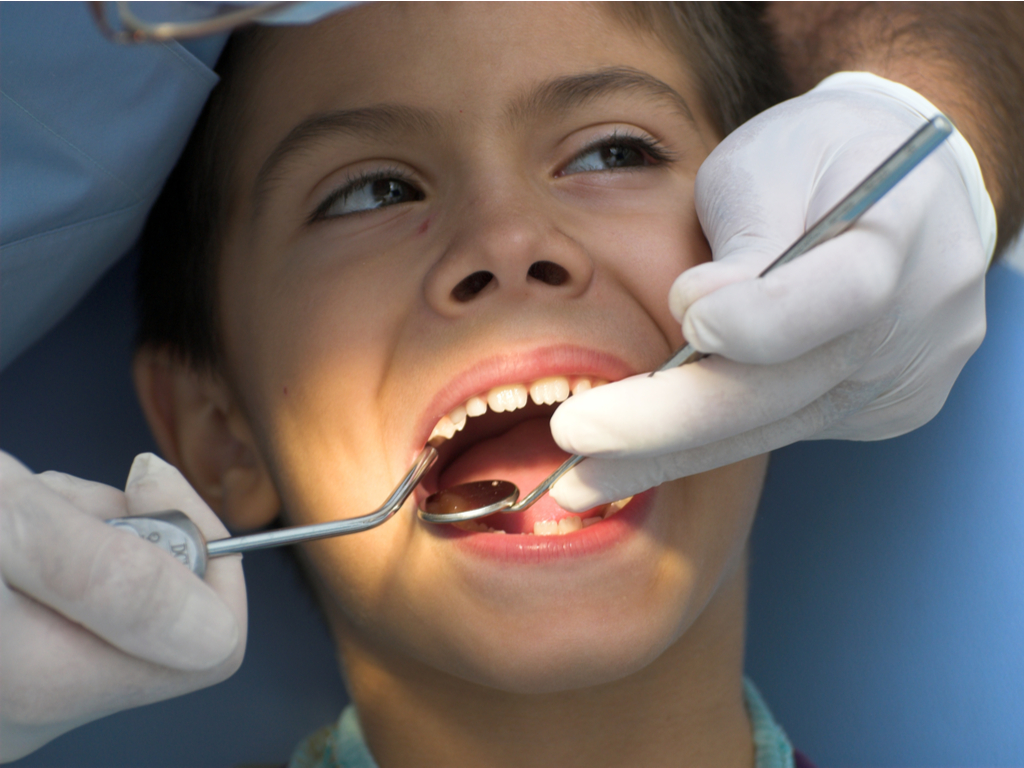Kids Dentist: Gentle and Enjoyable Dental Take Care Of Children
Kids Dentist: Gentle and Enjoyable Dental Take Care Of Children
Blog Article
Navigating Common Pediatric Dental Issues: A Thorough Check Out Preventive Dental Care for Kids
Dealing with pediatric dental concerns is necessary for promoting long-lasting oral health in children. The significance of precautionary care can not be overemphasized, as it prepares for effective oral hygiene methods and nutritional options that mitigate typical troubles such as dental caries and periodontal illness. When to launch oral brows through and what techniques to adopt can encourage parents to take aggressive procedures, recognizing. Nonetheless, many moms and dads remain not aware of the specific actions that can be taken to protect their kids's dental health. Discovering these methods discloses vital understandings that may dramatically impact their kid's future wellness.
Common Pediatric Dental Issues
Kid's oral health and wellness is important for their total wellness, yet various concerns can arise throughout their developing years. Amongst one of the most common issues are cavities, generally referred to as cavities, which can occur due to inadequate oral health and too much sugar intake. This condition can lead to pain, infection, and succeeding difficulties if left without treatment.
One more common issue is malocclusion, where teeth are misaligned. This can result from genetic factors, early loss of baby teeth, or thumb-sucking practices. Malocclusion might not just affect a child's appearance yet can also impair chewing and talking, necessitating orthodontic treatment.
Gum tissue condition, although commonly forgotten, is one more substantial concern for children (kid dentist near me). Gingivitis, the beginning of gum condition, can emerge from plaque buildup and might lead to more serious problems if overlooked
In addition, oral trauma is common amongst energetic youngsters, usually resulting from falls or sports injuries. Such cases can create cracks or dislodgement of teeth, needing instant care to avoid long-lasting damages.
Identifying these usual pediatric dental issues is vital for ensuring timely treatment and preserving optimum oral health and wellness for children.
Importance of Preventive Care
Preventive treatment plays an important function in keeping children's dental wellness and minimizing the dangers associated with typical issues like cavities, malocclusion, and gum condition. By focusing on preventative steps, moms and dads can considerably minimize the likelihood of their youngsters experiencing these oral issues, which can cause discomfort, costly treatments, and lasting health issues.
Regular dental check-ups are vital for early discovery of possible problems. During these visits, dental experts can keep an eye on the development of jaws and teeth, offer customized suggestions, and apply needed precautionary therapies such as sealants and fluoride varnishes. These treatments assist protect versus degeneration and promote optimal oral wellness.
In addition, a strong foundation in preventive care fosters positive mindsets towards dental health in children. By instilling healthy and balanced behaviors beforehand, such as normal cleaning and the importance of a balanced diet, moms and dads can urge lifelong techniques that add to overall well-being.
Reliable Oral Hygiene Practices
Developing reliable dental hygiene methods is essential for making certain that kids keep healthy teeth and periodontals throughout their developing years. Parents ought to begin by introducing dental care as early as the eruption of the first tooth. Using a soft-bristled tooth brush with a tiny head, parents should gently brush their child's teeth two times a day with a fluoride tooth paste proper for their age.

Routine dental check-ups, ideally every six months, help keep an eye on dental health and wellness and develop a regimen of precautionary care. In addition, mentor kids the click this site relevance of brushing for a minimum of two mins, concentrating on all surface areas of the teeth, and using a timer or song can make the procedure enjoyable.
Urging kids to take responsibility for their oral health fosters long-lasting practices. By instilling these techniques early, parents can considerably reduce the risk of cavities and gum tissue disease, leading the way for a life time of oral wellness.
Dietary Considerations for Dental Health
While regular oral health is essential for keeping dental health, dietary choices additionally substantially influence the condition of kids's periodontals and teeth. A well balanced diet abundant in crucial nutrients can reinforce enamel and assistance total oral health and wellness. Foods high in calcium, such as dairy products, leafed eco-friendlies, and strengthened plant-based alternatives, play a crucial duty in developing strong teeth and bones. In addition, phosphorus discovered in meats, beans, and nuts aids in the remineralization of tooth enamel.
On the other hand, excessive intake of sugary snacks and beverages can lead to dental cavity and dental caries. Microorganisms in the mouth eat sugar, producing acids that attack tooth enamel (kid dentist near me). Parents should motivate much healthier snack options, such as fruits, veggies, and entire grains, while limiting sweet treats
Encouraging kids to consume water, particularly fluoridated water, can even more promote dental health and wellness by rinsing away food particles and reducing the effects of acids. In summary, an all-round diet is a fundamental component of preventative dental treatment for children.
When to Visit the Dental Professional
Regular oral check see here now outs are important for maintaining optimum oral health in kids. The American Academy of Pediatric Dentistry advises that youngsters have their first dental visit by the age of one or within six months after their very first tooth emerges. Early check outs enable the facility of an oral home, cultivating a trusting partnership in between the child and the dental practitioner while facilitating preventative care.
Routine check-ups must occur every six months to keep an eye on the advancement of the child's teeth, assess oral hygiene techniques, and apply precautionary treatments such as fluoride varnishes and oral sealers. In addition, moms and dads should schedule instant visits if they discover any kind of indications of dental concerns, such as toothache, sensitivity, swelling, or discoloration, as these may show dental caries or other worries requiring punctual interest.
Youngsters with special health and wellness care requirements or a history of dental troubles might need even more regular brows through. By sticking to these guidelines, parents can aid guarantee that their children maintain a healthy and balanced smile and develop excellent dental habits that last a lifetime. Generally, routine oral check outs are important for very early detection and intervention, which can significantly affect long-term dental wellness outcomes.
Verdict
Routine dental brows through play an essential role in the prompt identification of potential More Help troubles, guaranteeing that kids create healthy behaviors from a young age. By prioritizing these steps, parents can add to their kids's overall well-being and dental success.

Report this page